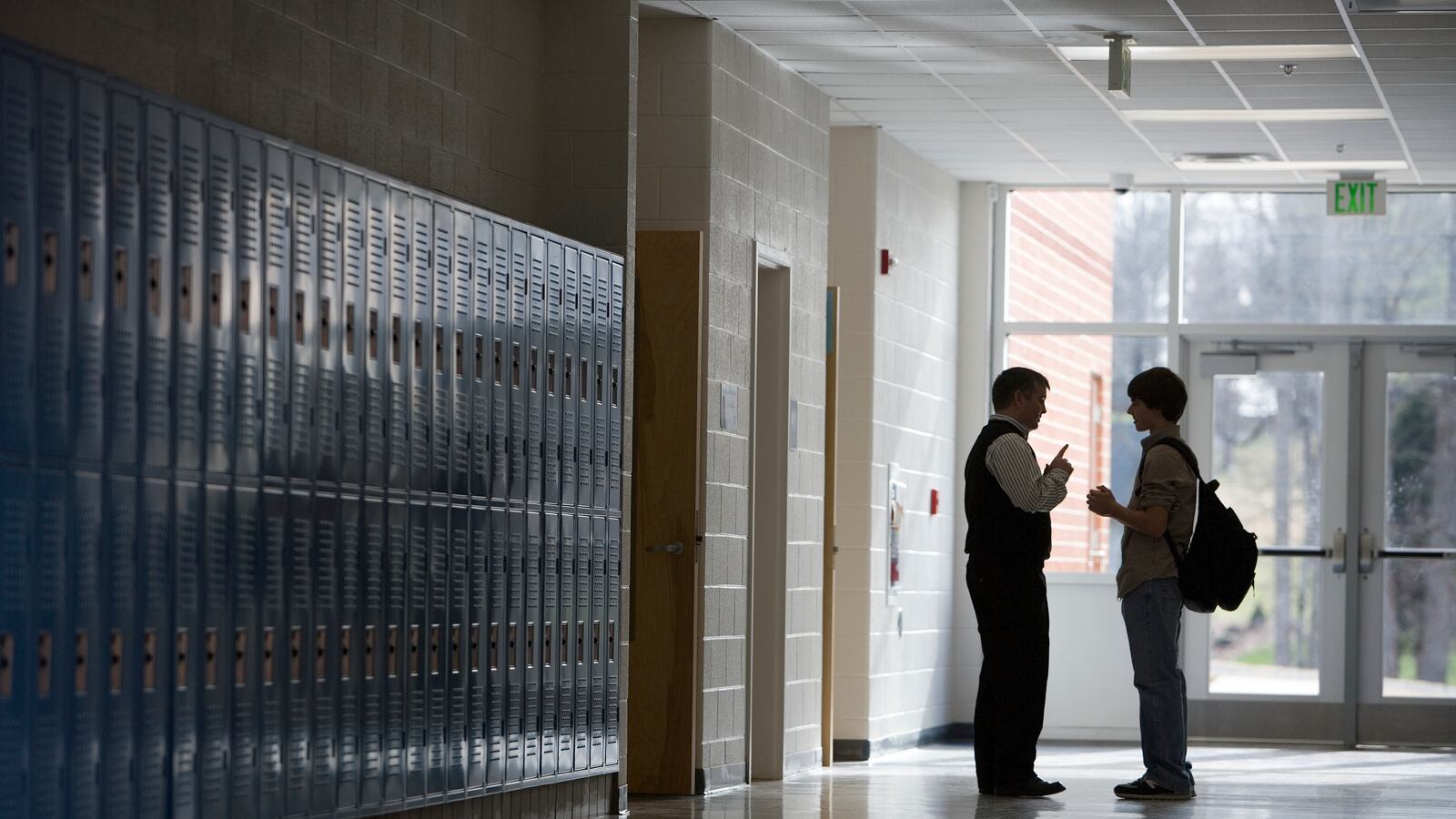When educators think of an impulsive student, we generally think of someone unable to watch their mouth, keep their hands to themselves, or stay on task during a lesson. This was not the case with the student recently sent to my office for impulsivity.
She was thirsty, asked the teacher if she could step out for a drink, the teacher said no, and she went anyway. She then returned to her seat and re-engaged in class. She was written up for the incident. Later that week, she had to use the restroom. The teacher said no because she had so recently abused the privilege by leaving without permission to get a drink. She went to the bathroom anyway, returned to her seat, and re-engaged in class. She wasn’t belligerent about it, but this time she was written up and sent to me.

I have a little mantra for these situations: No one just acts like that. Because few students wake up in the morning and think, “Today, I’m going to show up to school and wait for the most inopportune time to use the restroom, just to make the teacher mad.” Or, more dramatically, “As soon as I’m asked to get my things out or stay on task, I’m going to tell the teacher to f– off.” I am shocked at how quickly we can convince ourselves that students are acting with malice, but this narrative is not reality.
In speaking with the student in my office, I discovered that both of her parents are in prison. She explained that she had grown up looking out for herself and told me she had no specific post-graduation plans or goals, even though school leaders had presented a range of opportunities beyond high school.
Instructionally, there is a strong push among school leaders and policymakers to innovate and adapt archaic practices to best fit the needs of today’s students. Why don’t we approach school discipline with the same willingness to change?
When we zoom out, sometimes our hang-ups seem a bit silly.
Where do we start? As is the case with most things, we start with ourselves. We start by listening and not judging. We start with a healthy understanding that “the way we’ve always done it” is not necessarily the best way going forward. To me, it helps to keep in mind that everyone is, for the most part, doing their best with what they’ve been given.
Take the student who got sent to the office because she had to use the restroom at a time that wasn’t convenient. What did she learn from that process? One: If I have to use the bathroom, there’s a chance that my teacher won’t let me. Two: If I go anyway, I’ll get sent to the principal’s office. Is this how we’re teaching responsibility or empowering a young woman to be the best version of herself? No questions asked, no room for gray. She is punished because she operated in a way that is consistent with the rest of her life (as she has learned to look out for herself), but it is not necessarily consistent with our current approach to discipline.
I requested a meeting with the student and the teacher who sent her to my office. The teacher was able to let off some steam and explain why leaving class without permission is not OK. The student acknowledged that she should not have left without permission but that she really needed to use the restroom. The teacher apologized, and so did the student.
The teacher agreed to allow restroom breaks in the future and to talk to the student if they felt like she was abusing the privilege. The focus was on responsibility, communication, accountability, and trust more than arguments, power struggles, and punishments.
Relationships with students matter. Relationships foster conversations. A conversation with a student is better than digging in your heels about something as inconsequential as a restroom break. When we zoom out, sometimes our hang-ups seem a bit silly.
A kid who misses five minutes of a lesson today is not the most important thing. Let the kid use the restroom. Let’s assume they need to go, and if they’re leaving just to get away, we should ask ourselves why they want to leave class? It’s a tough question but are we giving them a reason not to go and wander the halls? Relationships and conversations can foster answers to that question because no one just acts like that.
Dr. Brandon McCoy is a high school administrator in Kansas City, Missouri, where he lives with his wife and three children.



